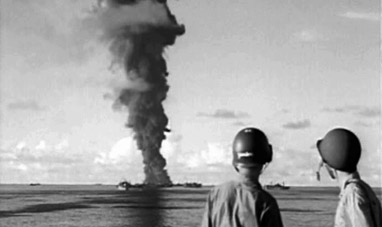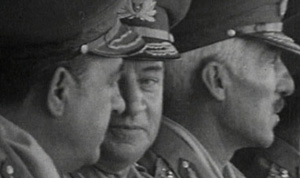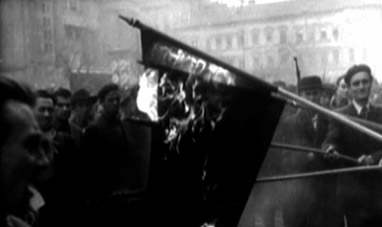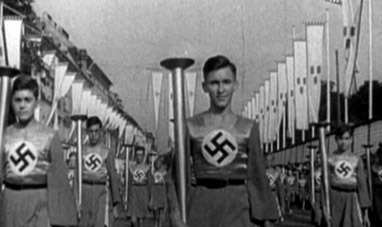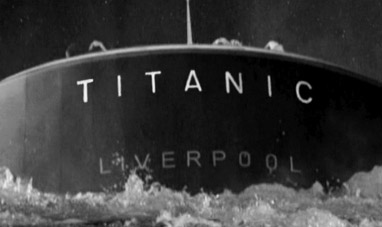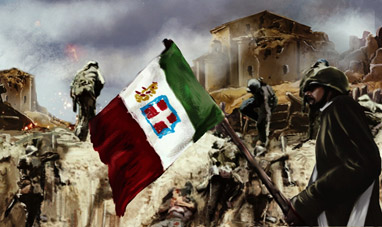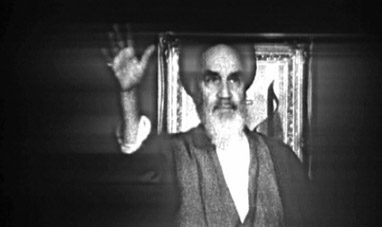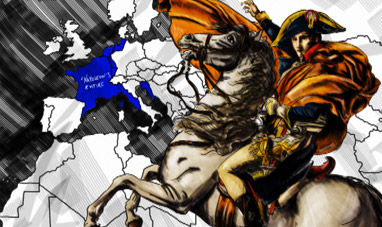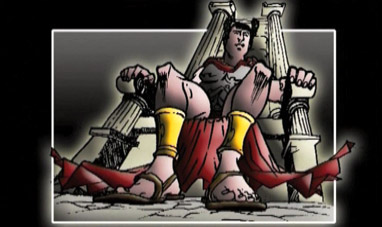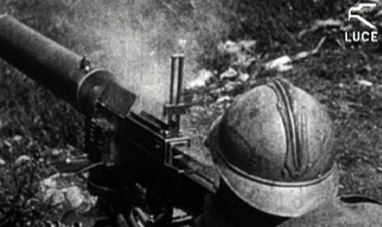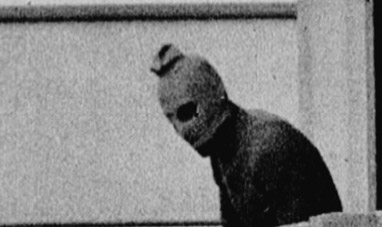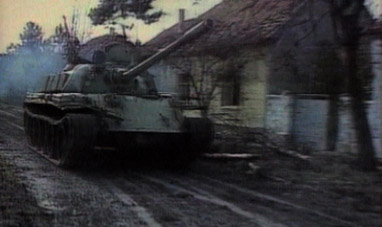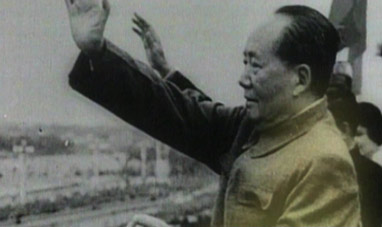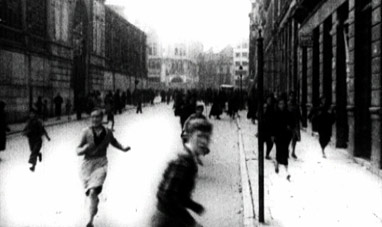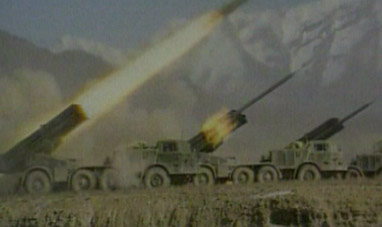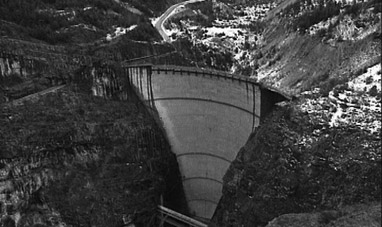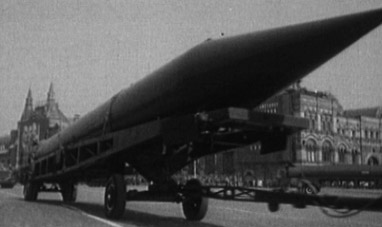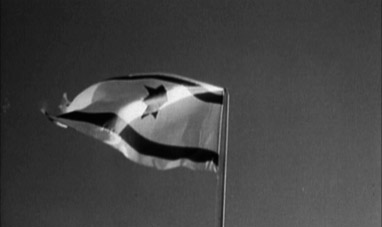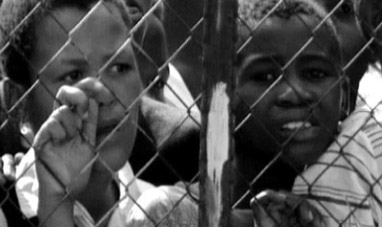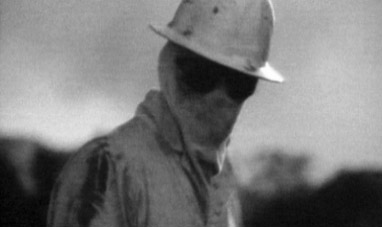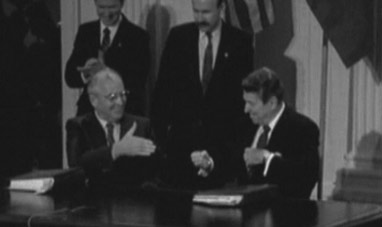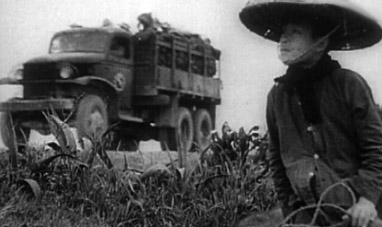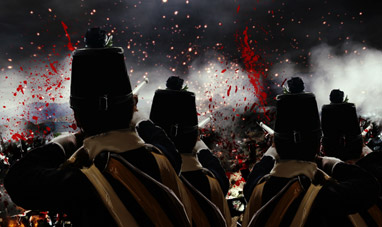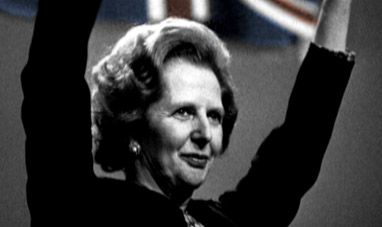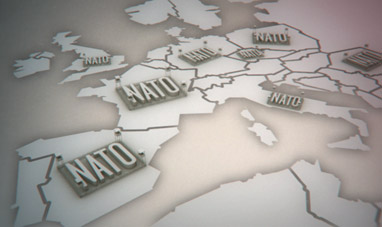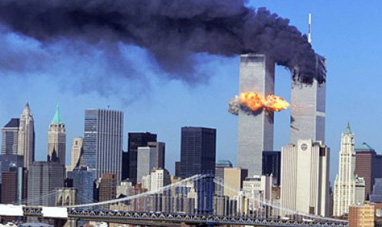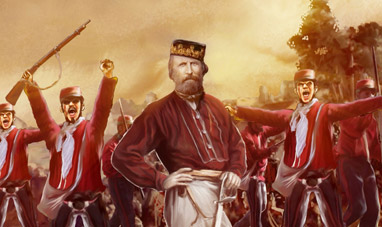On April 2, 1982, a small Argentine expeditionary force invaded the Falkland Islands, a tiny British archipelago in the Atlantic Ocean. In the 1970s, South American countries, especially Argentina, were on the brink of economic collapse. The Argentine government was unable to maintain political stability. A military junta overthrew President Isabel Peron on March 24, 1976 and established an authoritarian regime. Six years later, the junta’s leader, General Leopoldo Galtieri, decided to reclaim the islands that Argentines called the Malvinas. The move was calculated to bolster his regime’s image. Located 500 kilometers off Argentina’s Atlantic coast, British military had occupied these islands for 150 years. Argentina, however, considered the islands their territory and wanted to reclaim them. Rich in pasture land and excellent for fishing, the Falklands were a stronghold for the British and a natural resource for the Argentines. On April 2, 1982, Galtieri ordered the invasion to start.
Argentine troops surprised and overwhelmed the British garrison. The invaders ordered vehicles to abandon the British custom of left-side driving, declared Spanish the island's official language and changed the name of the capital from Port Stanley to Puerto Argentino. British Prime Minister Margaret Thatcher immediately organized and dispatched a task force to retake the islands. Britain’s immediate reaction surprised the Argentines, who had a young, poorly-equipped army. On April 25th, British troops conquered the small island of South Georgia, which held a strategic position. On May 2, the British attacked Argentine cruiser General Belgrano, despite the fact that the ship was located far from the Falklands. It sank, killing over 300 sailors. The attack marked a turning point in the conflict.
Argentines realized the British were ready to engage in an all-out war. Recapturing the Falklands was not going to be as easy as government propaganda had led them to believe. Despite logistic difficulties, the Argentine army tried to respond to the British attacks. On May 4, they sunk British destroyer HMS Sheffield. In early June, British troops were ready to take the capital, Port Stanley. The outcome of the war was clear. Special teams and parachutists prepared the final offensive. On June 14, after several hours of fierce fighting, the Argentines surrendered. 258 British soldiers and 649 Argentines died in the conflict. After the hostilities ended, Thatcher’s popularity soared. Her Conservative Party was re-elected, while the military government in Argentina collapsed as a result of the fiasco. Deep beneath the Falkland Islands, significant oil deposits were recently discovered.
Argentine troops surprised and overwhelmed the British garrison. The invaders ordered vehicles to abandon the British custom of left-side driving, declared Spanish the island's official language and changed the name of the capital from Port Stanley to Puerto Argentino. British Prime Minister Margaret Thatcher immediately organized and dispatched a task force to retake the islands. Britain’s immediate reaction surprised the Argentines, who had a young, poorly-equipped army. On April 25th, British troops conquered the small island of South Georgia, which held a strategic position. On May 2, the British attacked Argentine cruiser General Belgrano, despite the fact that the ship was located far from the Falklands. It sank, killing over 300 sailors. The attack marked a turning point in the conflict.
Argentines realized the British were ready to engage in an all-out war. Recapturing the Falklands was not going to be as easy as government propaganda had led them to believe. Despite logistic difficulties, the Argentine army tried to respond to the British attacks. On May 4, they sunk British destroyer HMS Sheffield. In early June, British troops were ready to take the capital, Port Stanley. The outcome of the war was clear. Special teams and parachutists prepared the final offensive. On June 14, after several hours of fierce fighting, the Argentines surrendered. 258 British soldiers and 649 Argentines died in the conflict. After the hostilities ended, Thatcher’s popularity soared. Her Conservative Party was re-elected, while the military government in Argentina collapsed as a result of the fiasco. Deep beneath the Falkland Islands, significant oil deposits were recently discovered.

